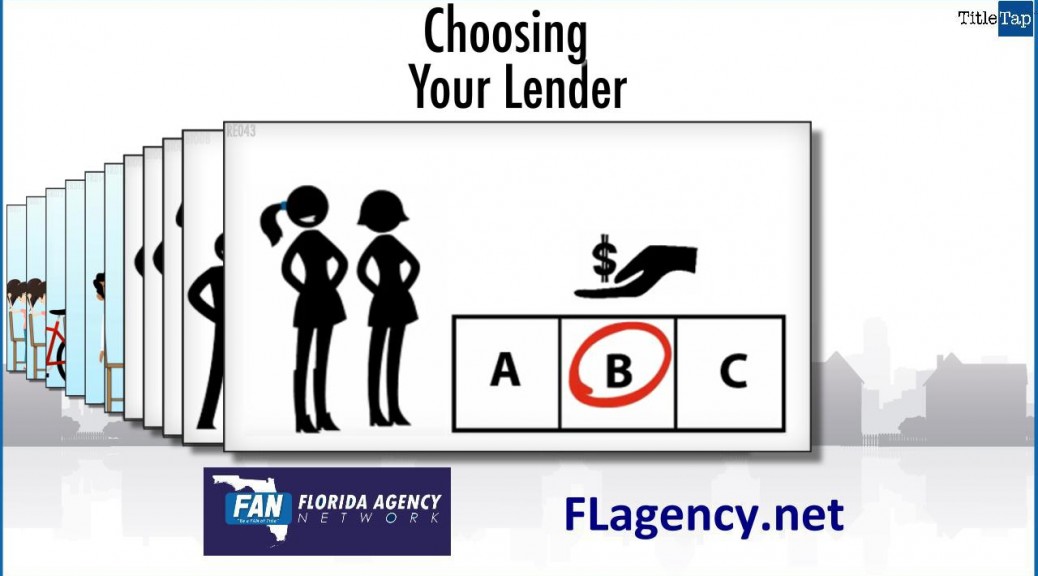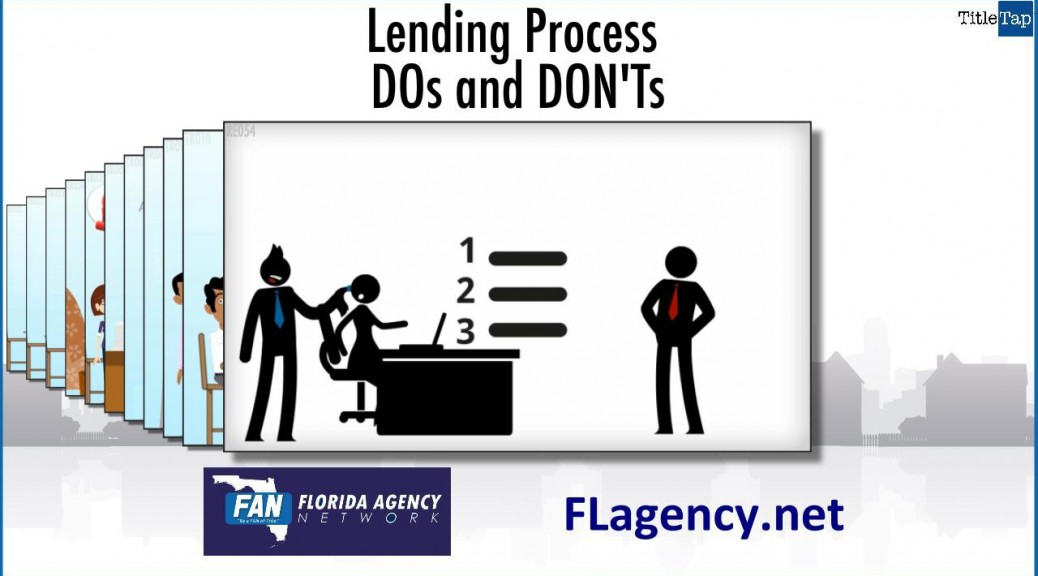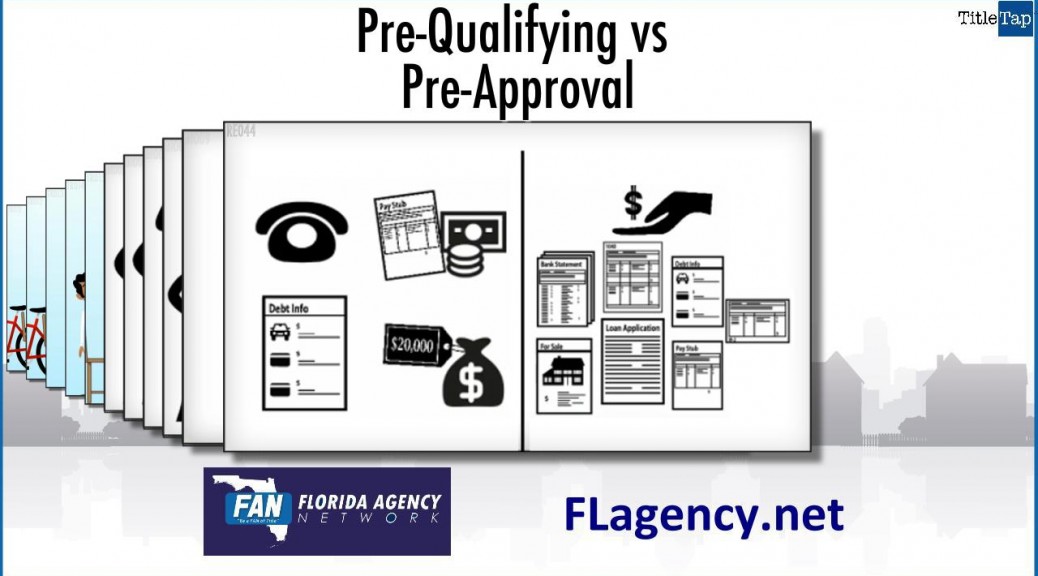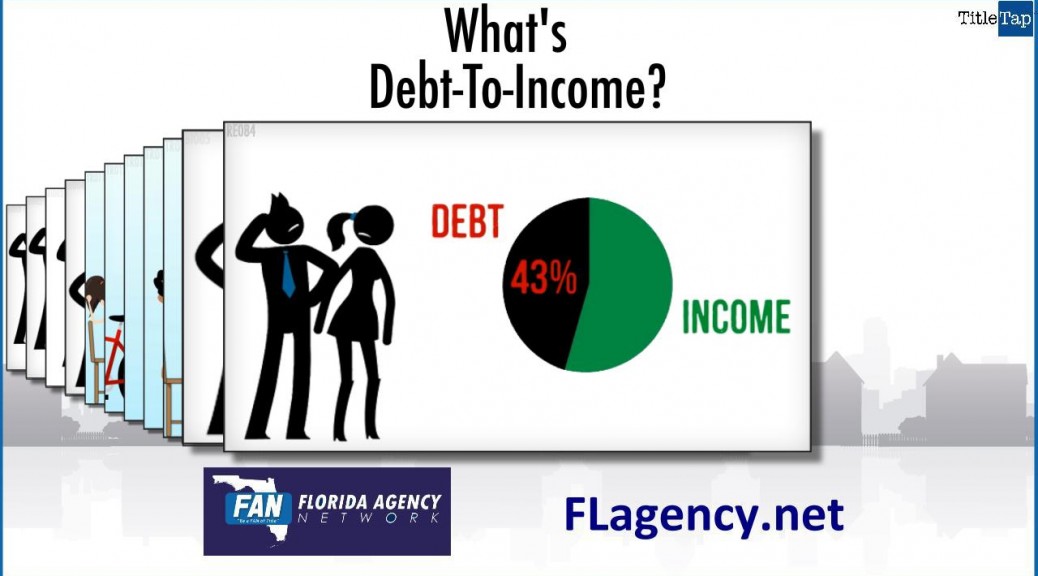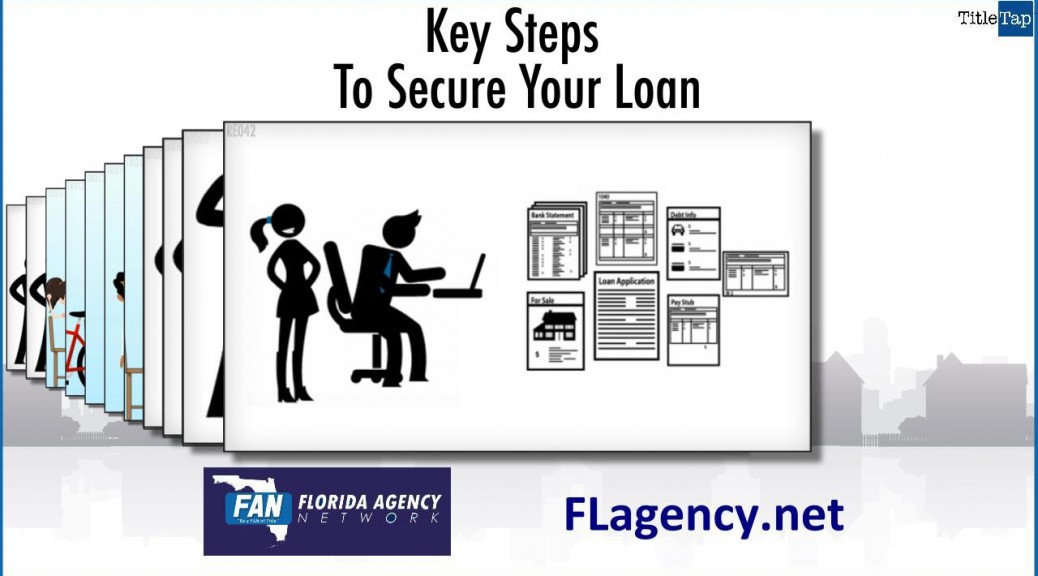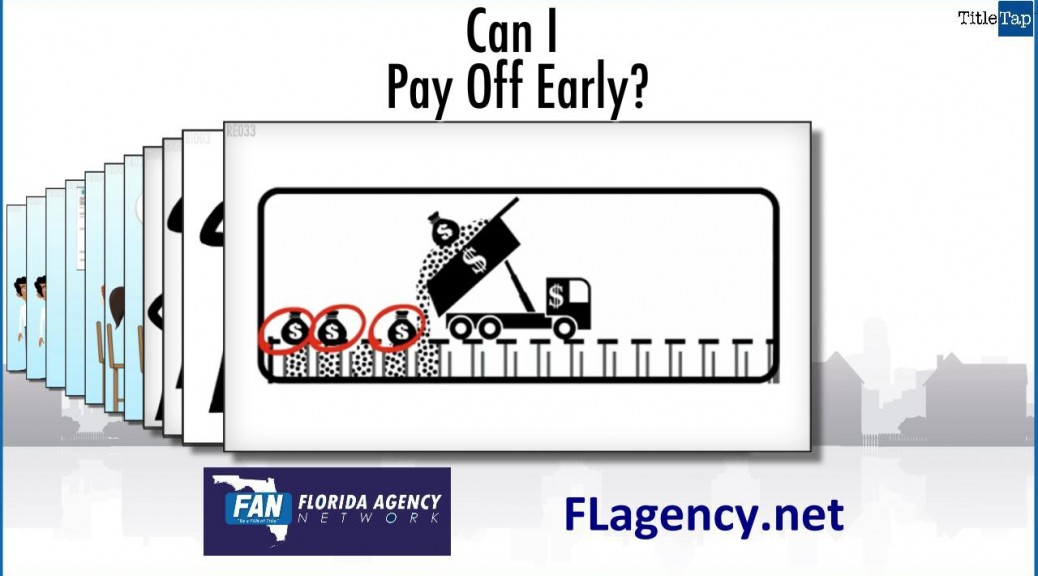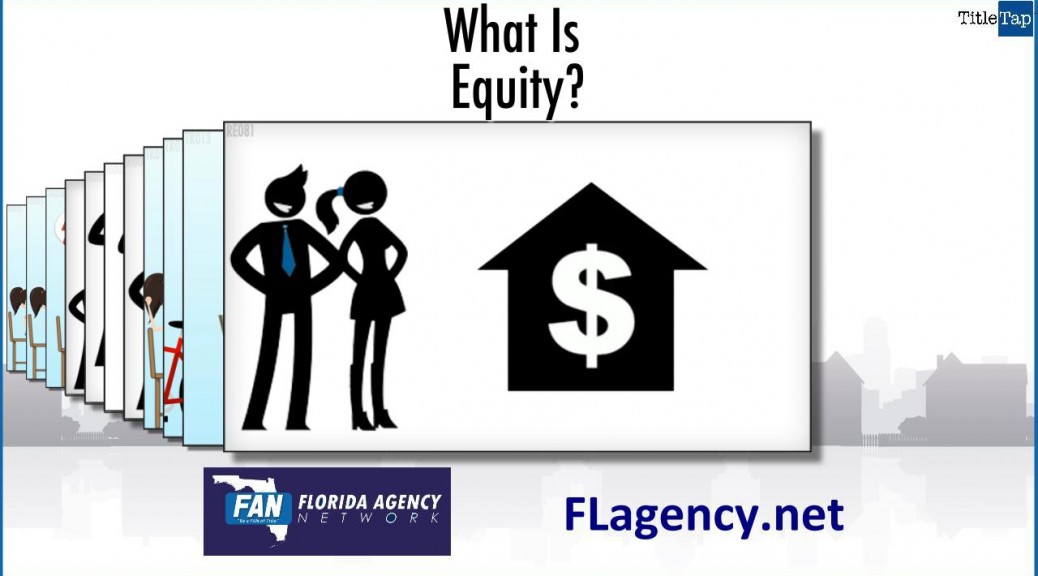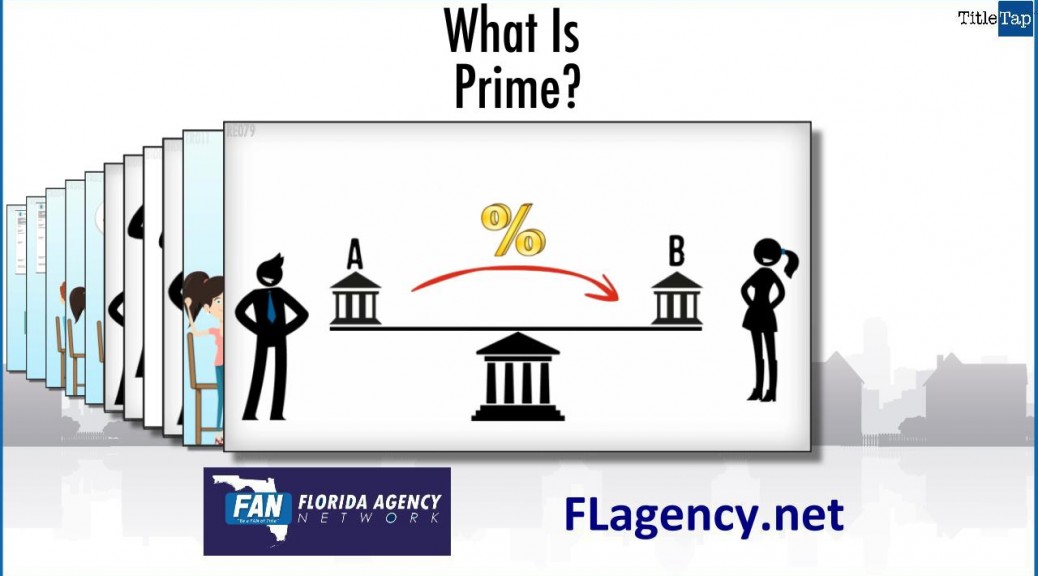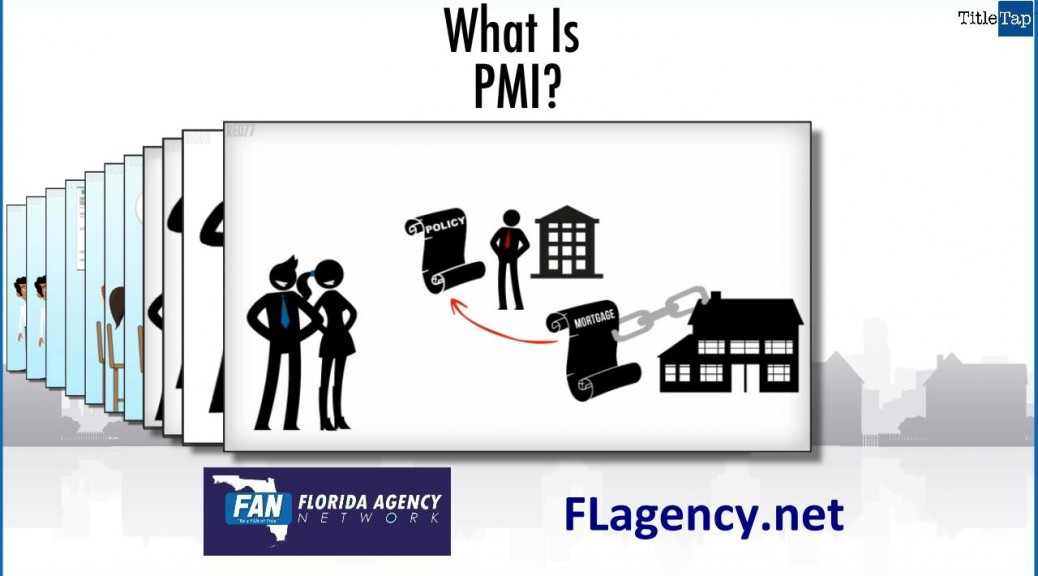http://fwd5.wistia.com/medias/in3qcovkkd?embedType=iframe&videoFoam=true&videoWidth=640
There are some great tips in this video. Choose your lender carefully. Look for financial stability and a reputation for customer satisfaction.
Be sure to choose a company that gives helpful advice and that makes you feel comfortable.
A lender that has the authority to approve and process your loan locally is preferable since it will be easier for you to monitor the status of your application and ask questions. Plus, it’s beneficial when the lender knows home values and conditions in the local area.
Do your research, and ask family and friends.

